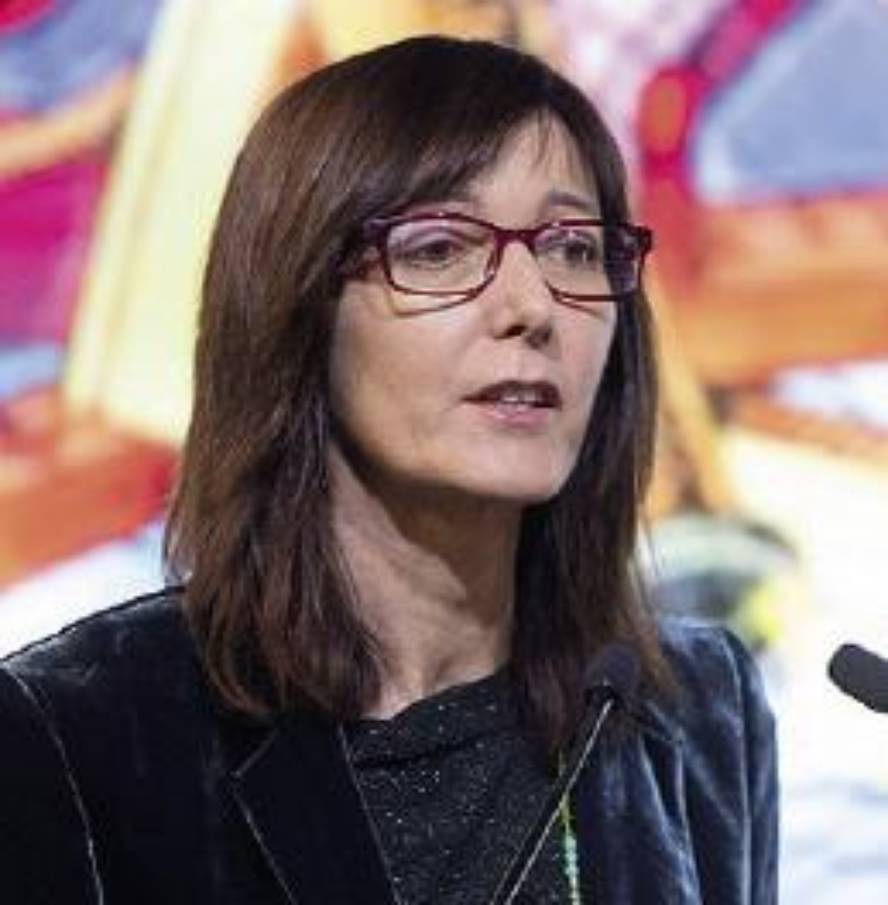Itziar Alkorta Idiakez: “It would be revolutionary to be conservative”
Since I began researching, I have always had artificial human fertility as a topic. And I find the revolution that has occurred since the 1980s fascinating. I do not think it is more a technological and sociological change, but a technoscientific phenomenon that has changed civilization.
In the 1990s, when I read the thesis, I remember the representations we had about egg donation or surrogate heaviness for the future. And the result that this technological revolution has given, along with biomedicine, is not at all what we represented then. It has far exceeded our expectations and has generated great opportunities, questions and concerns. Above all I was concerned about the application, which has been oriented towards economic benefit.
Before I was optimistic about these technologies, today I recognize that I am critical. Assisted reproduction has become a private industry where those who have money have access to forms of reproduction and most people don't. It has produced discrimination and commodification of the human body. For me that is worrying. In its day some bases were established, not only for human reproduction, but also for the donation of organs, which we have overcome and now there is an industry that lives from new forms of exploitation of the human body. In addition, it has reinforced the risks of people who were previously vulnerable: young women, poor… Their bodies have become raw materials in Europe and in impoverished countries outside Europe.
What is being done with deregulation of the human body is not limited to reproduction. There is what is happening with clinical sessions, in the field of care… Before that I think we should make a new approach.
When 75 years ago human rights were proclaimed, the idea of the human body and the current one has nothing to do. At the moment we are, we need a new status of the human body, in which I also incorporate intelligence. We have to reflect at this time, in which taking a step further in the application of technology would give us a fundamental change in the very nature of the human being.
Otherwise, if we do not address this reflection seriously, we risk moving on to a stage with no possibility of going back. We must propose the renunciation of some options. This has never been so in history: we have done everything we could do. From my experience it has also been like this: we have realized everything that could be done in human reproduction. Therefore, being conservative would be revolutionary.






